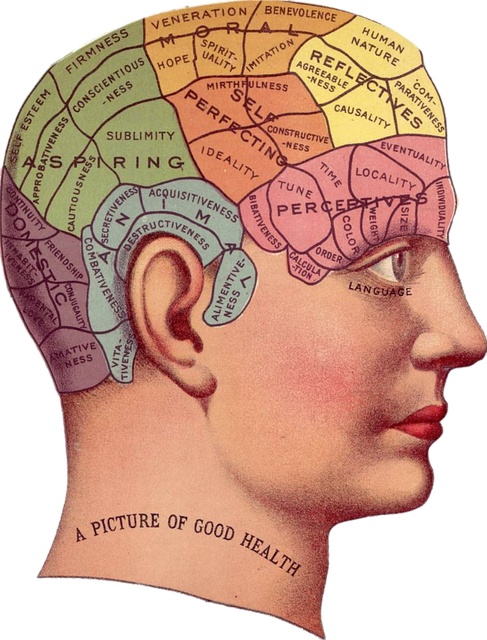Norman Doidge, in his book The Brain That Changes Itself, explained that early brain researchers discovered what became known as “neuroplasticity”:
They showed that the brain changed its very structure with each activity it performed, perfecting its circuits so it was better suited to the task at hand. If certain “parts” failed, then other parts sometimes take over. (p.xv)
For example, people who meditate or teach meditation have been shown to have a thicker insula – a part of the brain that is activated by paying close attention to something (p.290).
Dr. Bruno Cayoun observed that neuroscience has demonstrated that brain plasticity explains how mindfulness training increases our perceptual ability leading to a greater sense of self control and self-awareness. Perceptual ability, according to the Oxford Dictionary, is “the ability to be able to deal with and give meaning to sensory stimuli”.
Research conducted jointly by the Fudan University in China and the University of South Florida showed that Tai Chi- often described as “meditation-in-motion” – actually increased the size of the brain of seniors who practised Tai Chi for 40 weeks and did so at least three times per week. Tai Chi has many other benefits and these are discussed elsewhere in this blog.
Norman Doidge discusses the work of Michael Merzenich, Emeritus Professor in neurophysiology, who started a company called Posit Science to extend neuroplasticity of the brains of people as they age, as well as extend their lifespan (p.85). Professor Merzenich maintains that, if we are in the older age group, we may not have been developing our brain plasticity since middle age because we are often working off already mastered knowledge and skills.
So, learning new skills such as mindfulness meditation and Tai Chi, with the attention and concentration required, will help to alleviate this problem of mental decline.
As we grow in mindfulness through meditation and approaches such as Tai Chi, we increase the size of our brain, enhance brain plasticity and enjoy the consequential benefits such as self-awareness and self-control.
By Ron Passfield – Copyright (Creative Commons license, Attribution–Non Commercial–No Derivatives)
Image source: courtesy of ArtsyBee on Pixabay
Disclosure: If you purchase a product through this site, I may earn a commission which will help to pay for the site, the associated Meetup group and the resources to support the blog.














